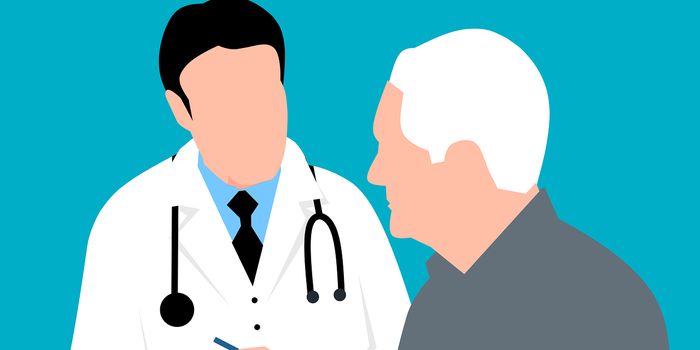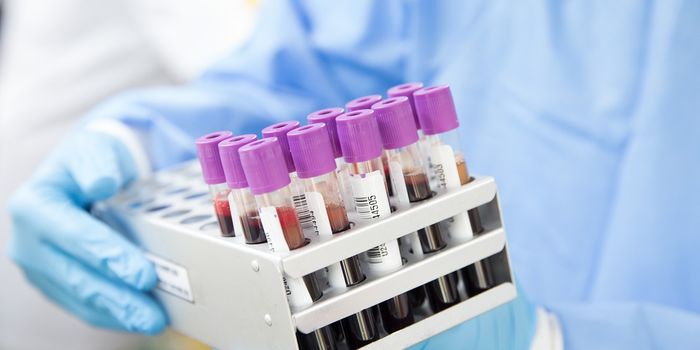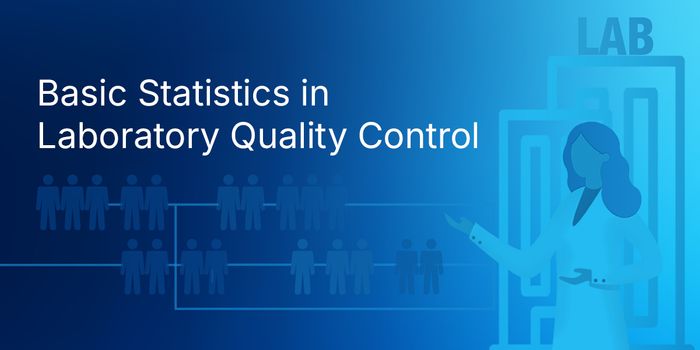A Brain's Age Could Predict Risk of Early Death
Not every organ in our body ages at the same rate. How young or old an organ is, relative to our chronological age, could reveal unknown health risks. Now, by combining several techniques together, researchers at Imperial College London say they can date a brain’s age. Furthermore, they report that discrepancies between a person’s actual age versus their brain age could predict the risks of dying early.
"We've come up with a way of predicting someone's brain age based on an MRI scan of their brain," explained Dr. James Cole, the study’s senior investigator.
To begin dating the age of a brain, the researchers started with a technique that was first developed in 2010. This technology measured brain volume and used machine learning to predict the loss of gray and white matter. Increased loss of brain tissue is a diagnostic characteristic of the brain growing old.
The researchers then trained this technology on a set of over 2,000 MRI scans of healthy brains. The result was a neuronal map that can be leveraged to estimate a person’s brain age based on their MRI scan.
The technology was applied to MRI scans of 669 adults aged 73 at the time the scans were collected. This allowed the team to compare the predicted brain age to the chronological brain age.
And the results didn’t always line up. In fact, when the predicted brain age was older than the chronological age, this discrepancy was associated with poorer physical abilities and an increased risk of dying before the age of 80.
"Our approach uses the discrepancy between their chronological age and what we call their brain-predicted age as a marker of age-related atrophy in the brain. If your brain is predicted to be older than your real age than that reflects something negative may be happening,” said Dr. Cole.
The technology is still quite a long way from the clinical setting. Much more evidence is required before doctors can make health recommendations based on a person’s brain age.
"In the long run it would be great if we could do this accurately enough so that we could do it at an individual level," said Dr. Cole. "Someone could go to their doctor, have a brain scan and the doctor could say 'your brain is 10 years older than it should be', and potentially advise them to change their diet or lifestyle or to start a course of treatment. However, at the moment, it's not sufficiently accurate to be used at that sort of individual level."
Nevertheless, the results are crucial in continuing the conversation about brain and mental health, which many people forget to think about. "People use the 'age' of an organ all the time to talk about health," reasoned Dr. Cole. "Smokers are said to have lungs that are 20 years older than they should be, you can even answer online questionnaires about exercise and diet and get a 'heart age'. This technique could eventually be like that."
"It could be that if your brain looks older than it should do, it could be an indication that something bad has happened or is happening and should put you more at risk of age-related brain disease or cognitive impairment, and the data we have so far seems to back that up, at least at the group level,” he added.
Additional source: MNT









